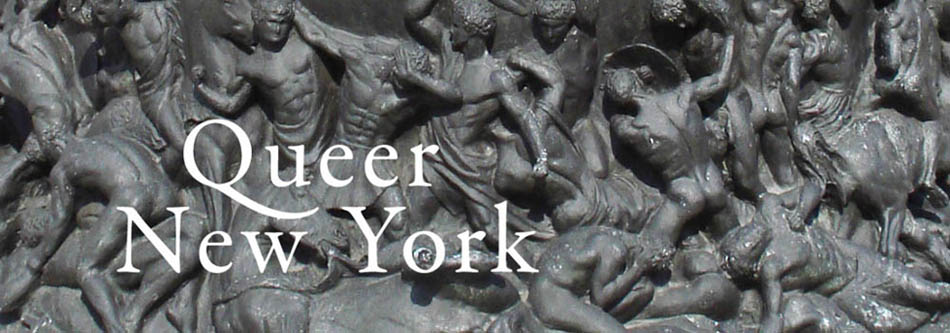 The Whole Island: Sixty Years of Cuban Poetry is the first volume of its kind in terms of size (602 pages) and has been published as a bilingual reader, with Spanish and English pages facing each other for easy cross-referencing. These poems begin in the 1940s, at the end of President Batista’s first term, and trace the line of Cuban history moving forward to the 1959 revolution through the present day. The fruits of Cuba’s 400-year-old literary history dazzle and shine here, needless to say.
The Whole Island: Sixty Years of Cuban Poetry is the first volume of its kind in terms of size (602 pages) and has been published as a bilingual reader, with Spanish and English pages facing each other for easy cross-referencing. These poems begin in the 1940s, at the end of President Batista’s first term, and trace the line of Cuban history moving forward to the 1959 revolution through the present day. The fruits of Cuba’s 400-year-old literary history dazzle and shine here, needless to say.The island’s poetic legacy is filled with colorful and queer characters—many of whom were/are often very “out”—despite the harsh repercussions this invited and can still invite. Openly gay poets José Lezama Lima, Virgilio Piñera, and the still-living Antón Arrufat, wrote in a flamboyantly dense style known as neobarroco (neo-Baroque), weaving queerness and political themes into “coded” works—where secret dialogues were apparent to certain people. And sometimes they didn’t mask gay camp at all—such as with Piñera’s “At the One-Eyed Cat.”
At the One-Eyed Cat
there’s a night within night,
with a moon that emerges for some,
with a moon that emerges for some,
a sun that shines for others
and a cock that crows for all.
In the case of poet Delfín Prats’ “Never Return to the Scenes of Your Happiness”, homosexual love is skillfully woven into myth and history:Never return to the scenes of your happiness
to the island you and he crossed together
like Hadrian visiting his domains
with the Bithynian boy
(that sea with its black sand beaches
where his eyes would widen in astonishment
was just the invention of nostalgia)
The Whole Island is a startling triumph—considering its scope and volume—but it’s also a pipeline for queer Cuban voices, dozens of them. Cuba’s treatment of its LGBT people has ranged from indifferent to cruel and many of Cuba’s writers were trapped on this dangerous fault-line. The punishment unleashed on writers and other dissidents (such as in the UMAP hard labor camps of the 1960s) was backbreaking. When I asked Mark Weiss how many of the poets represented in The Whole Island had chosen to remain closeted (as opposed to out), he answered, “basically everybody.”
The Whole Island: Sixty Years of Cuban Poetry (Univ. of California, 2009)
Edited by Mark Weiss
(Charlie Vázquez is a criollo word-warrior of Cuban and Puerto Rican descent. His work has appeared in numerous print and online publications and his second novel Contraband will be published by Rebel Satori Press in spring 2010. Info: http://www.firekingpress.com)



Virgilio Piñera did not write in a neo-Baroque style. His way was more direct but tending towards the absurd. So unlike Lezama or Severo Sarduy.
ReplyDeleteThis comment has been removed by the author.
ReplyDeleteWhoops. Not sure what happened...yes Hugo, you are very right. I did not mention the "conversacionalismo" style that the book also covers. Was being general. Thanks for the correction...it is, regardless, a powerful volume. :)
ReplyDelete